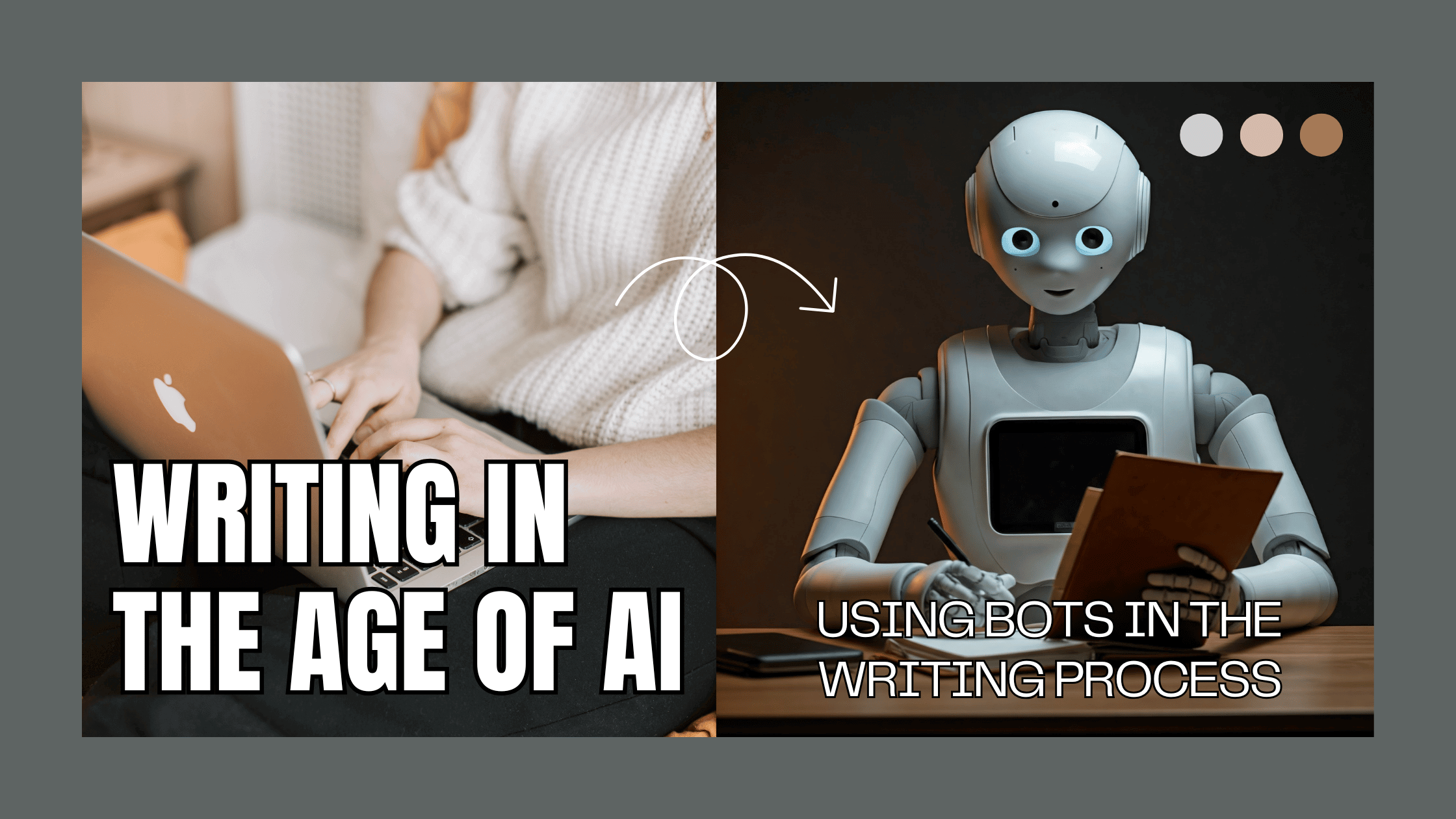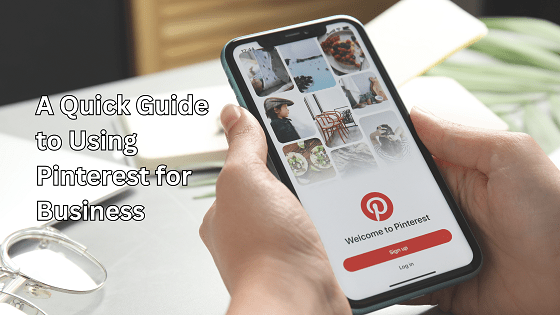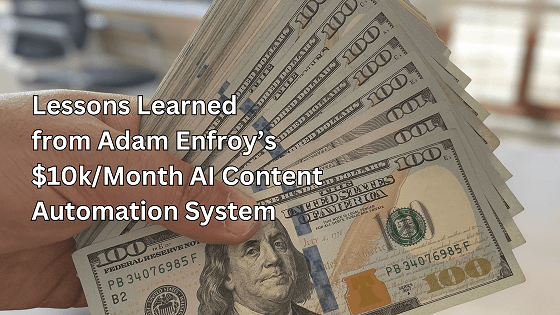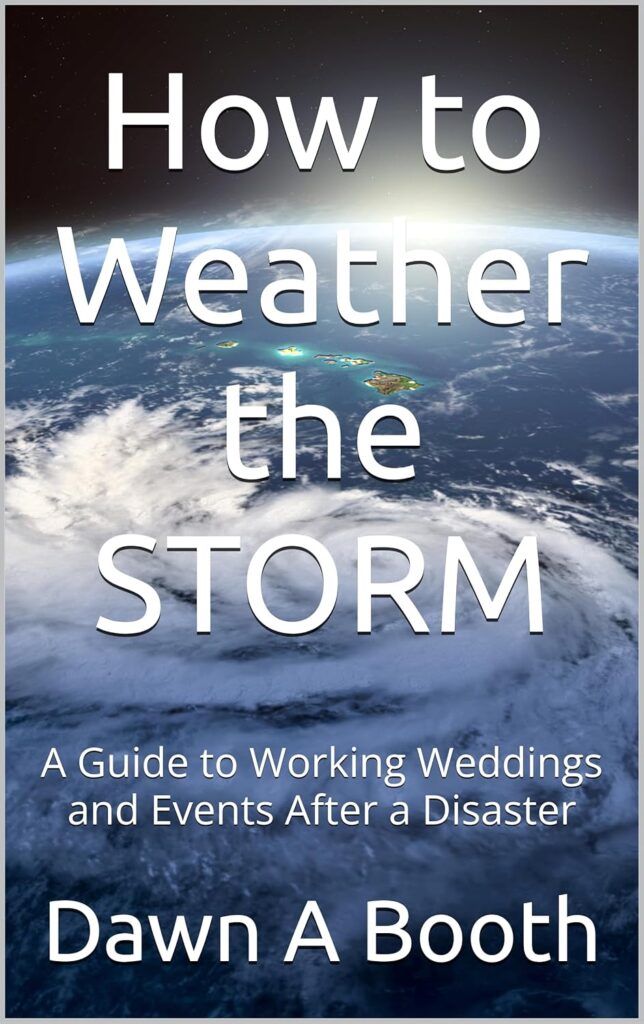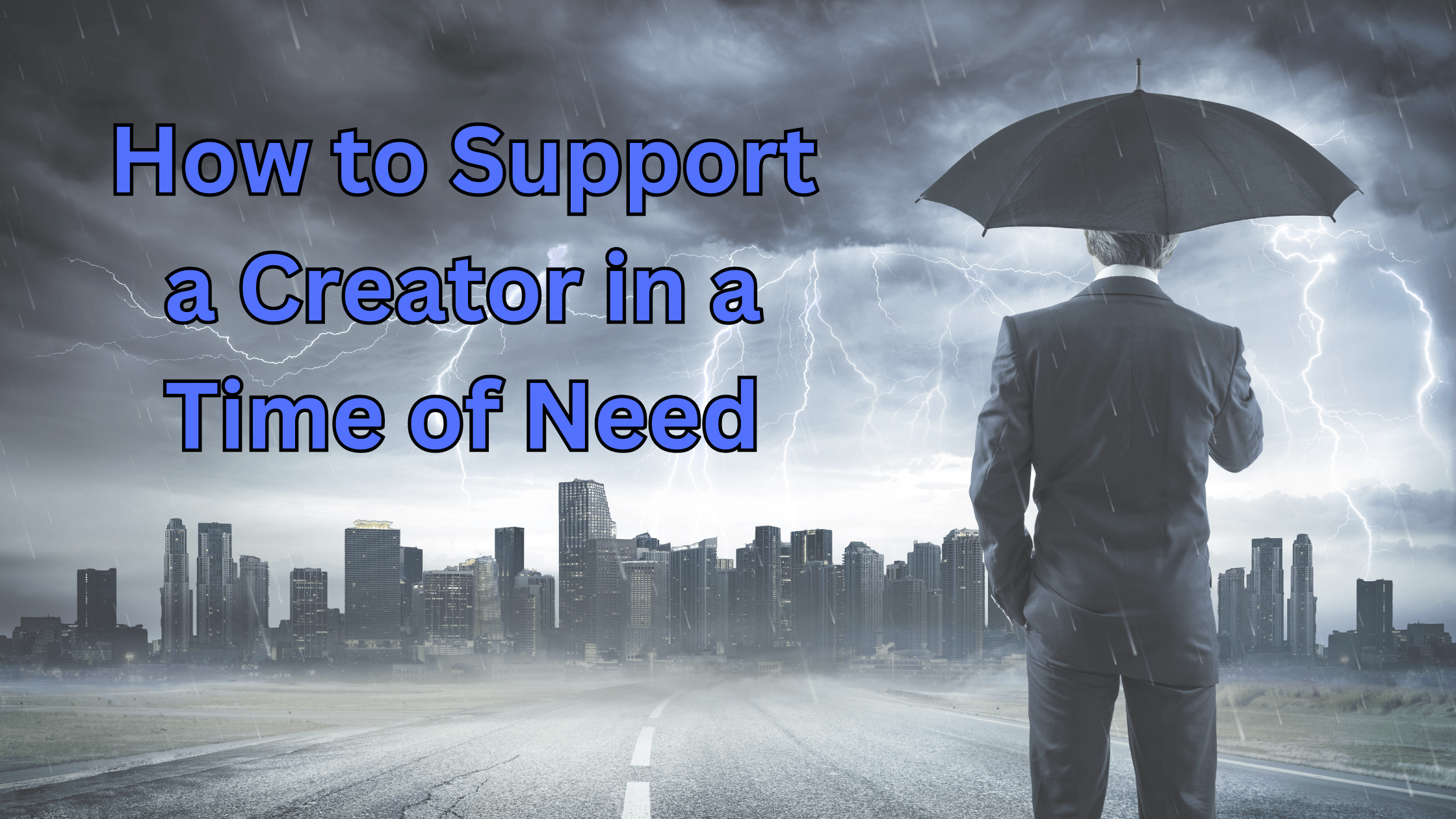In this post, industry leaders and founders share their most impactful book recommendations for money, mindset and mastery.
This post includes affiliate links - this means this website will receive a small commission if you order through any of them at no additional cost to you. Affiliate commissions are one of the ways my website makes money so that I can create content free of charge.
Leaders’ Library: Top Business and Personal Growth Books to Close Out 2024
As 2024 winds down, the quest for the perfect book recommendation is at its peak. Industry leaders like founders and CEOs have shared their top picks to guide your reading journey. From embracing vulnerability in “The Gifts of Imperfection” to innovating smartly with “The Lean Startup,” these experts provide 18 insightful recommendations. Get ready to discover transformative reads that can set the tone for your upcoming year.
Embrace Vulnerability with ‘The Gifts of Imperfection’
As we wrap up 2024, I find myself reflecting deeply upon “The Gifts of Imperfection” by Brené Brown. The book is basically about living a wholehearted life.
This book incredibly explains how important vulnerability is. According to Brené, vulnerability is not a weakness but a strength and the foundation for love, belonging, and joy. Her advice is to live in the moment, free from the burden of expectations, and to appreciate the beauty of life without reservation.
I found Brown’s writing both insightful and inspiring. Throughout the book, she shares personal anecdotes and research findings that make her point more relatable. She’s vulnerable and honest, and that makes her a trusted guide.
This year has taught me to live in the moment, and Brené beautifully shares how we can start enjoying life just as it is—messy, imperfect, but full of potential. I love the quote, “Let go of who you think you’re supposed to be and embrace who you are,” which is printed on the book’s cover.
Anybody wanting to get over self-doubt and make life more fulfilling should pick up this book. It’s a powerful reminder to be our true selves, flaws and all.
Mariyam Abid, Founder, The Beautyholic
Discover Interconnectedness in ‘The Overstory’
Heading into 2025, I’d steer you towards “The Overstory” by Richard Powers. It’s a profound narrative that intertwines the lives of its characters with the life-cycles of trees, echoing our commitment to growth and interconnectedness. Each chapter serves as a reminder of how deeply we’re rooted in our community and the impact of nurturing strong, lasting connections. This book reshaped my thinking on sustainability, a value we cherish as we craft our pins. Dive into “The Overstory”; it’s a powerful tale that inspires us to plant seeds for the future, both in nature and in business.
Bradley Fry, Owner, PinProsPlus
Transform with ‘Atomic Habits’
If you’re looking for a book to close out 2024, I highly recommend “Atomic Habits” by James Clear.
It’s a powerful guide on how small, consistent changes can lead to remarkable transformations. Clear breaks down the science of habits in a way that’s practical and easy to apply, making it perfect for anyone looking to start fresh or build better routines for the new year.
“Atomic Habits” helped me turn a simple 5-minute morning routine into a lasting habit that boosted my productivity. The small-changes approach made it easy to build momentum, and it’s stuck with me ever since.
Eric Gantz, Co-founder, Verena Street Coffee Co.
Reflect on Choices with ‘The Midnight Library’
I highly recommend reading “The Midnight Library” by Matt Haig. It’s a beautifully crafted story that explores the concept of choices and the paths not taken in life. The protagonist, Nora Seed, finds herself in a library between life and death, where each book represents a different version of her life based on the choices she could have made.
What I love about this book is its profound message about regret, hope, and the infinite possibilities that life offers us. It encourages readers to reflect on their choices and recognize that while we can’t change the past, we can always embrace new opportunities and directions for the future.
I believe that every journey—whether physical or emotional—teaches us valuable lessons. “The Midnight Library” is a gentle reminder that it’s never too late to rewrite your story. So, grab a cozy blanket, a warm drink, and dive into this thought-provoking read as we step into a new year filled with possibilities!
Danielle Hu, Founder, The Wanderlover
Find Clever Shortcuts in ‘Smartcuts’
I can’t stop thinking about Shane Snow’s book “Smartcuts.” It’s not your typical self-help fluff. Snow digs into real strategies for tackling problems in ways most of us wouldn’t consider. As an entrepreneur, I found myself scribbling notes and getting excited about applying these ideas. It’s all about finding clever shortcuts without cutting corners. Snow’s examples are fascinating—he looks at how some people zoom past traditional career ladders or create breakthrough innovations. What I love is how practical it feels. It certainly fired up my creative problem-solving skills.
Simon Brisk, Founder & SEO Strategist, Click Intelligence
Broaden Skills with ‘Range’
As I close off 2024, I do have a most-excellent book in mind, which I would highly recommend: “Range: Why Generalists Triumph in a Specialized World” by David Epstein. This is the best challenge against conventional wisdom about specialization as the path to success. It shows how broadening one’s skills and experiences can lead to higher innovation and adaptability, especially in this age when everything keeps changing rapidly.
This book offers a new perspective, especially for entrepreneurs and leaders navigating multiple roles, on the value of diverse experiences. Epstein uses compelling stories and research to illustrate how generalists thrive in environments where flexibility, creative problem-solving, and cross-disciplinary thinking are required.
“Range” challenges readers to learn beyond the boundaries of their niches. As we enter 2025, this is very timely advice because adaptability and a holistic skill set are what will determine the difference between success and failure. If you’re looking for a book to inspire you to rethink your approach to career growth and personal development, “Range” is an excellent choice to start your new year with a fresh outlook!
Darcy Cudmore, Founder, RepuLinks
Live Authentically with ‘The Four Agreements’
“The Four Agreements” by Don Miguel Ruiz is a timeless book that offers profound insights into personal freedom, emotional resilience, and living authentically. It’s not your typical self-help book; it presents ancient Toltec wisdom through four simple-yet-transformative agreements that can help reframe how you approach relationships, challenges, and even your own self-perception.
Ruiz’s agreements—”Be impeccable with your word,” “Don’t take anything personally,” “Don’t make assumptions,” and “Always do your best”—provide practical guidance for navigating life’s complexities. Whether you’re a lawyer dealing with high-stress situations or someone striving for personal growth, the book’s teachings resonate on a deep, universal level. As the year wraps up, “The Four Agreements” encourages a reflective mindset, allowing you to enter the new year with clarity and intention.
For lawyers or anyone in leadership, Ruiz’s wisdom is especially helpful for managing interpersonal dynamics and emotional well-being. It’s an excellent read for those seeking balance, inner peace, and a fresh perspective to close the year on a strong note.
Meghan Freed, Co-Founder and Managing Partner, Freed Marcroft
Understand Stories with ‘The Science of Storytelling’
Honestly, if I could only suggest one book for the end of 2024, it would have to be “The Science of Storytelling” by Will Storr. This is a scholarly nonfiction piece that delves into psychology and science, and man, it’s unbelievable how much it tells us about the way our brains learn stories. The book is super informative but not so dense that you can hardly read it. It’s a medium-fast-paced book.
I’m always striving to be a better writer, and this book changed my approach. But it’s a lot more than just giving hints on character and plot. It talks about why storytelling can heal and make us more deeply attached, and that’s interesting. Also, seriously—even the British Neuroscience Association applauds it.
This book is essential if you are a potential fiction writer or simply want to understand the human mind. It’s available on Amazon. Seriously though, it’s an excellent book and essential for anyone trying to understand the influence of a good story.
Thomas Franklin, CEO, Swapped
Reframe Money Mindset with ‘The Psychology of Money’
For a finance-focused option, I’d suggest “The Psychology of Money” by Morgan Housel. This book really resonated with me because it emphasizes how our relationship with money is as much about mindset as it is about numbers. It’s an insightful take on how our experiences, emotions, and even upbringing shape the way we handle money—lessons that are important for anyone wanting to achieve financial independence.
This book is one of those rare finance books that goes beyond just numbers and strategies—it dives into the emotional and psychological side of money, which often gets overlooked. One of the biggest takeaways for me was the idea that financial success isn’t just about making the right investment decisions; it’s about managing your behavior over time. That’s something that really resonated with me as both an investor and an entrepreneur.
For example, Housel’s perspective on risk and reward helped me reframe how I think about my long-term investments. He talks about how people often underestimate the importance of staying the course, even when markets are volatile, and that patience is one of the most valuable traits in wealth-building.
As someone who has navigated both property and finance markets, I’ve found that being able to manage emotions during uncertain times has been key to staying on track with my goals. This book reinforces that success with money isn’t always about intelligence or being “right”—it’s about consistency, humility, and understanding your own behaviors.
Austin Rulfs, Founder, SME Business Investor, Property & Finance Specialist, Zanda Wealth
Adopt Kobe’s Mindset with ‘The Mamba Mentality’
A great book to read as we close out 2024 is “The Mamba Mentality: How I Play” by Kobe Bryant. It’s more than just a sports book; it’s about mindset, discipline, and pushing through challenges, which makes it a perfect read for ending the year on a high note. Kobe dives deep into the mindset that made him one of the greatest basketball players ever, sharing his approach to the game, training, and mental toughness.
What’s special about this book is how it translates basketball lessons into everyday life. Whether you’re an athlete or not, Kobe’s reflections on hard work, focus, and overcoming setbacks are inspiring and motivating. It’s a book that leaves you thinking about how you can apply his drive and mentality to your own goals heading into the new year.
Hicham Badri, Athlete, Blogger, Serve And Save
Enhance Thinking with ‘The Extended Mind’
“The Extended Mind” by Annie Murphy Paul—While many are familiar with popular self-help books, this lesser-known gem offers a fresh perspective on cognitive enhancement that’s particularly relevant in our complex work environments.
Paul’s book explores how we can use our bodies, spaces, and relationships to boost our thinking processes. We implemented her ideas about optimizing our physical workspace to enhance creativity, which led to more innovative ideas during our brainstorming sessions. Her insights on collaborative cognition also helped us restructure our team meetings, improving our problem-solving efficiency.
What makes this book stand out is its blend of cognitive science and practical advice. It’s not just about personal productivity; it’s about rethinking how we approach cognitive tasks as a whole. As we prepare for 2025, understanding how to leverage our extended cognitive systems could give businesses a real edge. If you’re looking to challenge your current thinking and find new ways to enhance your team’s cognitive capabilities, “The Extended Mind” is definitely worth a read.
Aaron Whittaker, VP of Demand Generation & Marketing, Thrive Digital Marketing Agency
Transform Finances with ‘Profit First’
As we wrap up 2024, I’d wholeheartedly recommend “Profit First” by Mike Michalowicz. It’s been a game-changer for our web development agency.
Think of it as a financial diet for your business. Just like you might set aside portions of your plate for different food groups, Michalowicz teaches you to allocate your revenue into different accounts for profit, owner’s pay, taxes, and operating expenses.
It’s counterintuitive—most of us were taught to focus on sales first, then expenses, with profit as an afterthought. But flipping this script has transformed how we manage our finances.
The beauty of “Profit First” is its simplicity. It’s not about complex accounting jargon—it’s practical, actionable advice that any business owner can implement.
Since adopting this method, we’ve seen steady profit growth, even during challenging times. It’s like having a financial safety net—giving us peace of mind and the ability to reinvest in our business confidently.
Remember, a thriving business isn’t just about how much you make, but how much you keep. “Profit First” shows you how to do just that. As we look towards 2025, this book could be the key to unlocking your business’s true potential.
Harmanjit Singh, Founder & CEO, Website Design Brampton
Navigate End-of-Life with ‘The Art of Dying Well’
“The Art of Dying Well: A Practical Guide to a Good End of Life” by Katy Butler is especially valuable for those of us in the funeral-services industry. It provides essential insights into navigating end-of-life experiences with grace and dignity.
Butler explores creating a fulfilling end-of-life plan that reflects individual values, preferences, and wishes. Her compassionate approach emphasizes the importance of open conversations about death and dying, which aligns with our mission to support families in making informed decisions during difficult times.
Reading this book can enhance our understanding of the emotional needs of those we serve, equipping us to guide families through the complexities of funeral planning. It reminds us that our work is not just about logistics but about honoring lives and providing comfort to grieving families. “The Art of Dying Well” encourages us to create meaningful experiences that reflect the unique stories of the deceased, ultimately fostering a more supportive and thoughtful approach to our services.
Paul Jameson, Founder, Aura.life
Heal Trauma with ‘The Body Keeps the Score’
As we wrap up 2024, I’d recommend “The Body Keeps the Score” by Bessel van der Kolk. I’ve seen how trauma impacts our adolescent patients. This book offers valuable insights into healing. It’s not just theory—van der Kolk provides practical strategies that I’ve found helpful in my own practice. While it can be a heavy read, I think it’s an important one for understanding ourselves and others better as we head into a new year.
Aja Chavez, Executive Director, Mission Prep Healthcare
Achieve Greatness with ‘Good to Great’
As we wrap up 2024, I’ve been reflecting on some of the classic business insights that still hold true today. One book that continues to stand out for me is “Good to Great” by Jim Collins. Even though it’s been around for a while, its lessons are timeless and still incredibly relevant for anyone trying to take their business to the next level.
What makes “Good to Great” so impactful is that it’s not just filled with theories. Jim Collins and his team did a deep dive into real companies that managed to go from being just good to truly great, and they uncovered the strategies that helped them make that leap. It’s data-driven and packed with actionable insights.
The book also introduces concepts like the Hedgehog Concept and the Flywheel Effect, which are not just buzzwords but powerful ideas that help leaders focus on what really matters. And it talks about the importance of leadership, particularly what Collins calls “Level 5 Leadership,” which combines humility with fierce determination—something I’ve seen firsthand in my own entrepreneurial journey.
Even though it’s been over two decades since it was first published, the lessons in “Good to Great” still resonate, especially as we face today’s business challenges. The emphasis on disciplined thinking and strategic action feels more relevant than ever.
Whether you’re a seasoned exec or a startup founder, revisiting “Good to Great” at the end of 2024 could provide some fresh perspectives on how to push your organization towards greatness.
Jay Yue, Growth, Wanderboat
Embrace Uncertainty with ‘Think Like a Rocket Scientist’
I highly recommend “Think Like a Rocket Scientist” by Ozan Varol. Written by a guy who worked on one of NASA’s Mars missions, this book is all about why uncertainty is crucial to great discoveries, big progress, and unlimited creativity. Contrary to what you might expect, it’s an easy read and structured in a way that makes it hard to put down.
Varol looks at the decision-making process and the role of uncertainty in rocket science but also gives plenty of examples from the worlds of business, sports, and more. Each chapter is summarized into a few key points, but I think you can get the most value out of this book if you distill its lessons into your own framework for decision-making.
Sofie Couwenbergh, Content Strategist & Writer, Sofie Couwenbergh
Focus Deeply with ‘Deep Work’
I would recommend “Deep Work” by Cal Newport. Here, the author describes the need for focused, undistracted work in an increasingly noisy world. He explains how deep work produces better results in less time and leads to personal and professional growth.
As you close out 2024, this book can help you learn habits that destroy distractions, focus on high-value tasks, and maximize the use of your time. It is a guide for application fit for the bill for anyone who wants to work smarter, not harder.
Cory Arsic, Founder, Canadian Parent
Innovate Smartly with ‘The Lean Startup’
I believe that “The Lean Startup” by Eric Ries is the book that should be recommended to entrepreneurs and business leaders who wish to make smarter decisions with fast-paced times still approaching the year 2024. This approach will not only encourage validated learning but emphasize that companies should test ideas fast and iterate from real customer feedback. This will make it a compelling framework for risk minimization and growth maximization.
“The Lean Startup” equips you with tools to address uncertainty and move on to data-driven decisions based on continuous innovation inefficiencies. It is for those companies trying to make their strategy all optimized for 2025.
Chris Hinman, CEO, TheBestReputation
Final Reflections: What Caught My Eye
After diving into these recommendations, I’m both humbled and excited. While I’ve already experienced the transformative power of books like “Atomic Habits” and “The Four Agreements” firsthand, I’m intrigued by several titles that weren’t on my radar before.
“The Extended Mind” particularly caught my attention – as someone constantly looking to optimize how I think and work, Annie Murphy Paul’s fresh take on cognitive enhancement feels like a must-read for my 2025 list. And while I’d heard buzz about “The Psychology of Money,” peeking into Morgan Housel’s perspective on the emotional aspects of financial decision-making has convinced me it needs to move up my reading queue.
I’m also drawn to “Range” by David Epstein. In a world that often pushes for hyper-specialization, the idea that being a generalist could be a superpower resonates deeply with my own professional path – especially lately. It’s definitely earned a spot on my reading list.
What strikes me most about this collection is its balance between practical wisdom and big-picture thinking. From the proven business insights in “Good to Great” (an old favorite) to the innovative thinking in “Think Like a Rocket Scientist” (now also on my must-read list), these recommendations offer something for every aspect of professional and personal growth.
Whether you’re like me and have already explored some of these titles, or you’re discovering them all for the first time, I believe there’s tremendous value in this curated list. I know I’ll be adding several of these books to my Kindle for sure.

